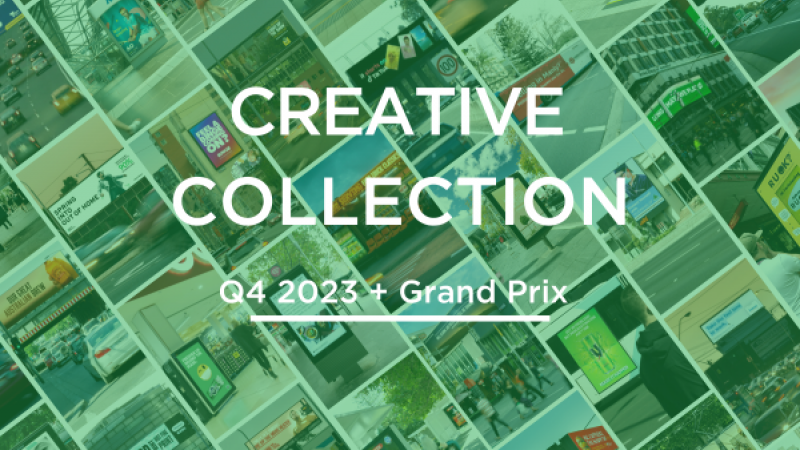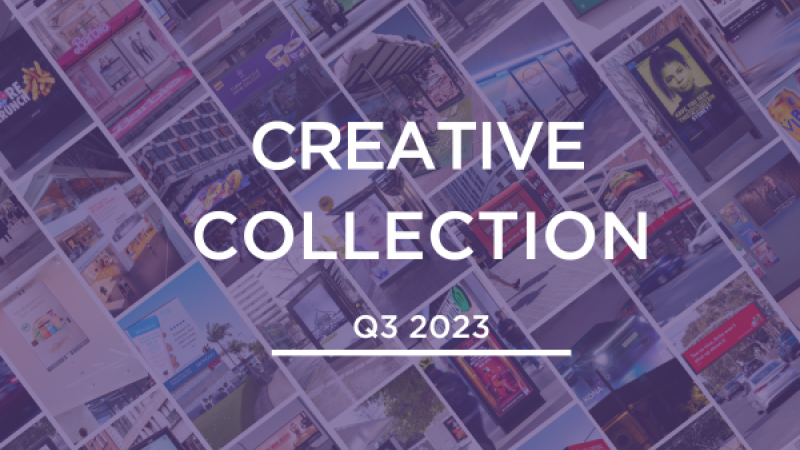
More than 300 artists create billboards for all US states to encourage people to vote
For Freedoms, the political action committee co-founded by artist Hank Willis Thomas, unveiled today the artists in its landmark “50 State Initiative.” More than 300 artists, including J.R., Marilyn Minter, Rashid Johnson, Tania Bruguera, and Theaster Gates have designed billboards that encourage political participation, and which will be erected in each of America’s 50 states ahead of the November midterm congressional elections.
“The ‘50 State Initiative’ can change the political landscape by inspiring more people to participate in civic life and broadening the concept of what democratic participation looks like,” the project’s producer, Miriam Fogelson, told artnet News.
Artists were free to depict whatever they wanted on their billboards, according to For Freedoms co-founder Eric Gottesman. “We built For Freedoms as a platform for these artists’ voices,” he said. “There were no guidelines as the basis of this project is embracing artists’ creativity as a means of inspiring civic dialogue and participation—it’s about what they had to say.”
To realize the hugely ambitious project, For Freedoms partnered with more than 200 American art organizations, from grassroots art centers to major museums, and even international groups. The organization tried “to match the artist’s vision and message to location and issue,” said For Freedoms political advisor Mark Skidmore in an email. For example, Muslim artist Jamila El Sahili’s billboard, Human Being, is going up in Lansing, Michigan, where the first Muslim woman could be elected to congress.
Skidmore says that the organization isn’t affiliated with either political party, and in fact describes itself as “anti-partisan.” But although the current political landscape remains one of the most partisan eras in American political history, Fogelson hopes the initiative succeeds by taking an less common approach. “For Freedoms aims to make civic engagement more inclusive of people who have felt excluded from, or disinterested in, traditional political processes,” she said.
Source: artnet news


